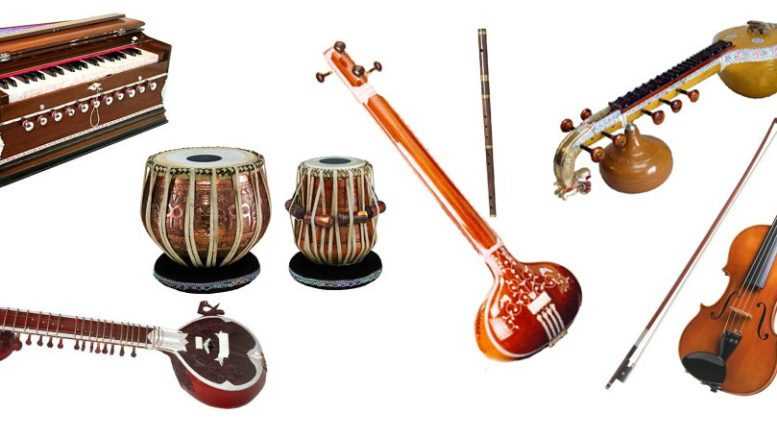
In a historic development, Jammu and Kashmir has begun the process of introducing music subjects in colleges across the State. Government is planning bring lot of revolutionary changes in the higher education sector. With government’s many such initiatives, the music stream must flow smoothly across the trouble torn state of Jammu and Kashmir. With the folk and other light music artists facing tough time to survive at the hands of “faulty official” policies in Kashmir, experts say that quality folk music doesn’t need any promotional stunts as it would spread like a beautiful perfume. Despite lot of pressure from the artist fraternity, governments have failed to come up with a comprehensive cultural policy in Jammu and Kashmir. Producing quality music involves economics. First, there is the creative process — experimenting with lyrics, melody, instruments and the like. This is followed by countless hours of practice and perfecting the routine. Then comes the recording — artists tend to approach record labels or prospective investors to help them with studio space, equipment and production expertise and with all this if you aren’t paid what you deserve, there is certainly something wrong with the system. Kashmiri music reflects the varied distinct culture along with enriched and enchanting folk traditions of the antique times. Kashmir’s folk music presents Kashmiri singing and traditional instruments such as the Rabab, Sarangi, Santoor, flute, tabla, Nut (mutkah) - a percussive clay pot renowned for its resonance. Pertinently, Chakri is a responsorial song form with instrumental parts, and it is played with instruments like the harmonium, lute shaped stringed instruments like Rabab, Sarangi, Nout. Kashmir music replicates the wealthy melodic heritage and enlightening inheritance of the Himalayan region. Jammu and Kashmir’s traditional folk music abides ruins to the wealthy enriching heritage. The tradition and history of dance and music in Kashmir valley goes reverse to thousands years. There are few chief forms of the customary Kashmiri musical forms like Chakri, Ladishah, Hafiz Nagma and other forms.Kashmiri music reflects the rich musical heritage and cultural legacy of Kashmir. Traditionally the music composed by ethnic Kashmiris has a wide range of musical influences in composition.
In a historic development, Jammu and Kashmir has begun the process of introducing music subjects in colleges across the State. Government is planning bring lot of revolutionary changes in the higher education sector. With government’s many such initiatives, the music stream must flow smoothly across the trouble torn state of Jammu and Kashmir. With the folk and other light music artists facing tough time to survive at the hands of “faulty official” policies in Kashmir, experts say that quality folk music doesn’t need any promotional stunts as it would spread like a beautiful perfume. Despite lot of pressure from the artist fraternity, governments have failed to come up with a comprehensive cultural policy in Jammu and Kashmir. Producing quality music involves economics. First, there is the creative process — experimenting with lyrics, melody, instruments and the like. This is followed by countless hours of practice and perfecting the routine. Then comes the recording — artists tend to approach record labels or prospective investors to help them with studio space, equipment and production expertise and with all this if you aren’t paid what you deserve, there is certainly something wrong with the system. Kashmiri music reflects the varied distinct culture along with enriched and enchanting folk traditions of the antique times. Kashmir’s folk music presents Kashmiri singing and traditional instruments such as the Rabab, Sarangi, Santoor, flute, tabla, Nut (mutkah) - a percussive clay pot renowned for its resonance. Pertinently, Chakri is a responsorial song form with instrumental parts, and it is played with instruments like the harmonium, lute shaped stringed instruments like Rabab, Sarangi, Nout. Kashmir music replicates the wealthy melodic heritage and enlightening inheritance of the Himalayan region. Jammu and Kashmir’s traditional folk music abides ruins to the wealthy enriching heritage. The tradition and history of dance and music in Kashmir valley goes reverse to thousands years. There are few chief forms of the customary Kashmiri musical forms like Chakri, Ladishah, Hafiz Nagma and other forms.Kashmiri music reflects the rich musical heritage and cultural legacy of Kashmir. Traditionally the music composed by ethnic Kashmiris has a wide range of musical influences in composition.
© Copyright 2023 brighterkashmir.com All Rights Reserved. Quantum Technologies